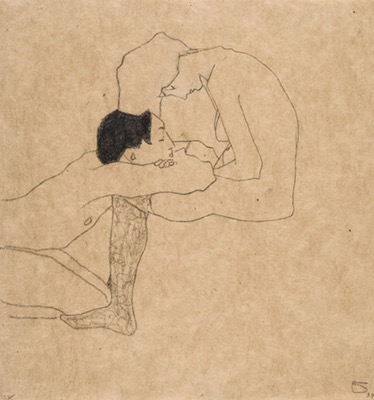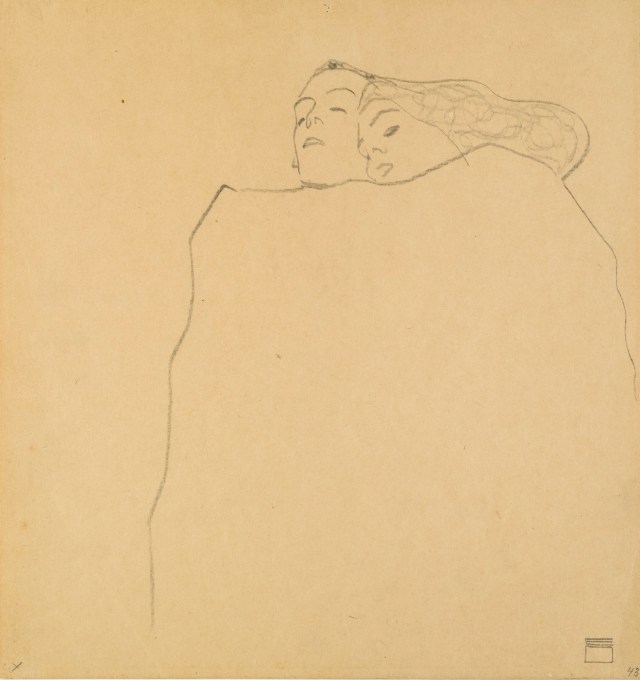Review of ‘Dalloway’ performance at The Riverfront, Newport, 21 Sept 2016
***SPOILER ALERT***
A dark room, with a single cream chaise longue at the rear of the stage, and long white panels draping down. Nothing else. This forms the set for Dalloway and it’s intriguing already.
Rebecca Vaughan appears, and straight away starts telling us Mrs Dalloway’s story. She wears a jade green shin-length skirt, with a fitted jacket of the same colour, and dark brown Victorian style shoes with a modest heel, her fair hair in a neat up do. All very authentic.
Now let me let you in on a not very well-hidden secret: I did not like this book. It was chosen for my bookclub (shameless plug: go visit my Reading Between the Wines page and join us in taking over the literary world) and I so very much wanted to like it because it would mean that when I told people that the sort of authors I liked were, ya know, people like Virginia Woolf and Tolstoy, I would actually have read something by at least one of them.
I bought the book, uploaded a photo of the book open halfway on my legs while holding a cup of tea to Instagram with hashtags like ‘ilovewoolf’, and then went back to the beginning to start reading it. I underlined a few lines in the first few pages then I got stuck. I found that the pace didn’t change. I found that the sentences ran on longer than this side note that I’m writing. I found that I had to re-read whole paragraphs over and over and still couldn’t work out who characters were. A book that describes a single day in the life of a character, and I couldn’t wait for that day to end.
In short, I gave up.
I grew tired of the effort that the book demanded of me and I’ve had to work hard to accept the fact that I’m not the Virginia Woolf fan that I thought I was (see here for an interesting book about the books we assume we will are fans of ‘Reading Dangerously’)
When my friend text me about meeting up at the Riverfront Wednesday to watch a Virginia Woolf thing she caught me at a hormonal time, having a meltdown, and I was so desperate to see her that I just said yes. She could’ve invited me to a Trump rally to be honest and I would’ve shown up. I said ‘yes, yes, yes, book me in’, and just assumed it would be the famous lighthousey one.
It wasn’t until an hour before the show that I looked up what I was going to watch. Dalloway. I see. Right. Okay. And I’ve paid for this? Hmmm. Okay. It’s all going to be okay. Just a Wednesday night I’ll never get back. No biggie. Get over yourself. My heart sank slightly, not least because I’ve just decided to give up alcohol (during the week at least), and I was going into this sober.
When Rebecca Vaughan started speaking, her eyes took on such life that I couldn’t help but be snapped out of my cynicism. I was transformed to a different age. In my frayed skinny jeans and messy bun I felt at home with this woman in her twee twin set and immaculate hair. I felt like she was talking just to me. Rebecca made you feel as though you were the only person in the room. Like you were her best friend. She lets you in. Of course, I know it is Virginia Woolf who employed the technique of using monologues and the telling of inner thoughts and secrets to make the reader feel this way, but I definitely needed someone like Rebecca to breathe life into the words. I couldn’t help thinking that the recently award winning sitcom, Fleabag, is a modern day Mrs Dalloway, with her side glances to the camera, and the outpouring of her real thoughts.
The swift change into other characters was astounding, not to mention the sheer skill of remembering ALL THOSE WORDS. I’m not sure I’ve ever seen anything like that before, with no break or interval.
Despite being drawn effortlessly into another era, I was acutely aware of how relevant all the themes are today. I could feel what she felt. I too have spent many a moment wondering why I didn’t marry the people I should have. I felt the anxiety of Septimus Warren Smith. I felt the pity of Lucrezia trying to comfort him. I felt it all. When she snuck off into another room at her party I was there too hiding. When she pointed and talked to the thin air at the side of the stage I saw the man she was talking to. I saw him, I tell you.
The subtle arm tremor for Septimus, the leant back swagger of Peter, the wild child Sally, the whole demeanour of Mrs Dalloway herself. All just so varied. To watch such a colourful performance with nothing but while cloth and a white chaise longue is impressive. To stand there in a twin set, a slim elegant young woman, leaning forward on tip toes at the front of the stage, and make me form a vividly sharp image of a troubled ex-army man riddled with anxiety in his final moments, is incredible.
Listening to some of the lines there were moments in which I felt truly sure that Virginia Woolf must surely be the finest writer of English that has ever lived. And surely that is the meaning of a successful adaptation of a novel? – to instil or rekindle an appreciation of the original work as well as producing a standalone piece of art in its own right?
Rebecca, how exactly you’ve made me want to go back and read the book, along with all of Woolf’s other work, is beyond me. So, I want to thank you, for being a better reader than I am and for seeing all the beauty in this novel and character, and conveying it in such a deeply penetrating way.
#ilovewoolf





